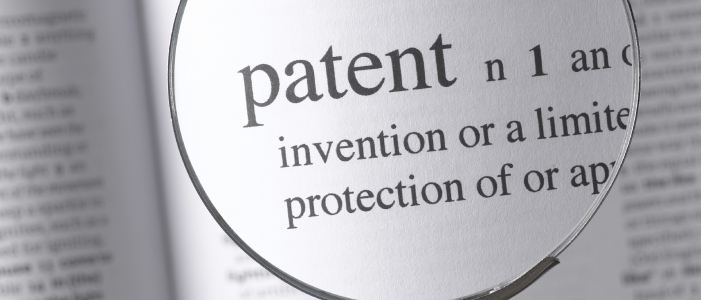Will there really be a Unitary Patent & Unified Patent System?
By Jacqueline Needle
Posted: 18th December 2012 09:40
The European Patent Office (EPO) opened for business in 1978. At that time it was also proposed to provide for a unitary Community patent. After many false starts, and after many different proposals, it is suddenly looking likely that there will be a Unitary Patent. The European Commission has suggested that the system could commence in early 2014. There is also a proposal for a Unified Patent Court, which will be a pan-European Court, to deal with validity and infringement of European patents throughout Europe. European Patents
The European patent is nothing to do with the European Union. It was provided by a treaty (the European Patent Convention “
Under the European patent system a single patent application in French, German or English is filed and prosecuted at the EPO. When granted the resulting patent is, in fact, a number of national patents. In each country in which the national patent comes into effect, annual renewal fees become payable to the national Patent Office. Furthermore, any disputes about the patent have to be dealt with individually in the courts of each country. Such disputes might be about licensing issues, about the ownership of the patent, or about infringement and validity of the patent.
When a European patent application is filed the applicant designates all
The Unitary Patent
The initial Community Patent Convention (“
In 2011 a proposal for a European Unitary Patent having effect across the whole of the EU was approved by the European Commission. It differs from the
The new Unitary Patent will be administered entirely by the EPO. An applicant will file and prosecute a European patent application in the EPO as at present. At grant the patentee could choose a Unitary Patent which would extend to all the countries of the EU who had joined the new system. The process of validation at grant for the Unitary Patent will remain with the EPO who will also remain responsible for the Unitary Patent after grant and will collect renewal fees. The patentee can also validate the patent in countries outside of the EU in the usual manner.
Currently there is no cost information available as to the fees that might be charged by the EPO for a Unitary Patent at the grant phase and for subsequent renewals. It is therefore difficult to assess how many applicants will want to have a Unitary Patent given that the patentee will still be able to choose to validate the European patent in a number of individual EU countries as at present.
The Unified Patent Court
A Unitary Patent needs a court in which these new patents can be enforced and challenged. Hence there is a parallel proposal for a Unified Patent Court (“
The new court will have a “Central Division” with headquarters in Paris, and offices in London and Munich. The Court of Appeal of the
The scope of the
The
It is likely that patentees will be advised to file an opt-out of the
Languages
The Court of Appeal in Luxembourg, and local divisions of the court of first instance, can choose the language in which to hear the case. This raises the possibility that two courts might hear the same case in different languages. It is also possible for infringement and validity of the same patent to be heard by different courts and in different languages. It is difficult to know how this might work given that the exact use of precise language is at the heart of a well drafted patent specification.
In Germany, infringement cases are heard in different courts to cases involving the validity of a patent. This makes it easy for a patentee to get an injunction as it opens the way for a patentee to argue for a broad interpretation of a claim to “catch” an infringement. Subsequently the patentee might argue for a much narrower interpretation of the same claim in order to show the claim to be valid. Under the
Practical Implications
For a while now, some UK based businesses have routinely filed British national patent applications, alongside their European applications, to ensure that they will never need to use the
Jacqueline Needle, a partner of Beck Greener, has wide experience of advising companies, from both this country and overseas, in the procurement and use of IP. She has managed extensive patent portfolios, and has had the conduct of litigation in many countries.
Jacqueline is an experienced writer and editor and, as well as making contributions to various books on IP matters, she has written for journals, magazines and the UK national press.
Jacqueline has an Honours degree in Electrical and Electronic Engineering awarded by the University of Leeds, and an LL.M in Advanced Litigation from Nottingham Law School.
Jacqueline Needle can be contacted by phone on +44 (0) 20 7693 5600 or alternatively via email at jneedle@beckgreener.com




Comments